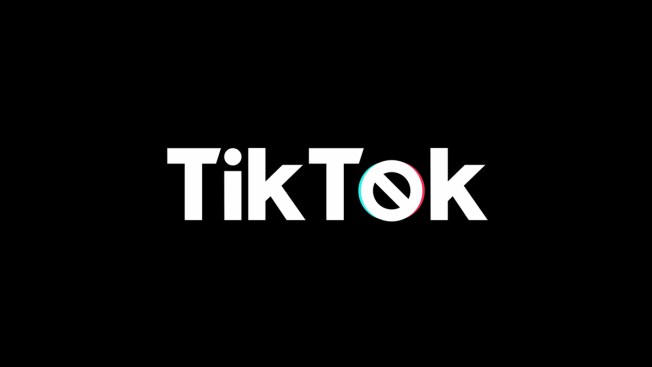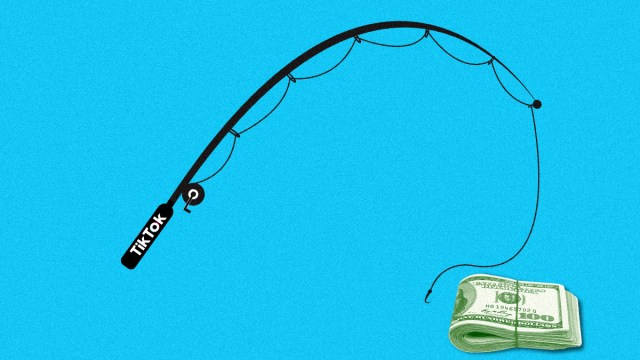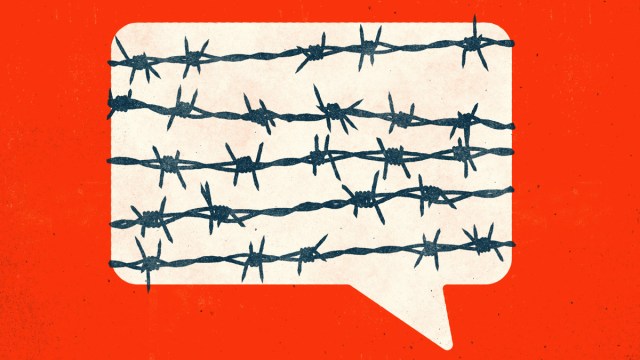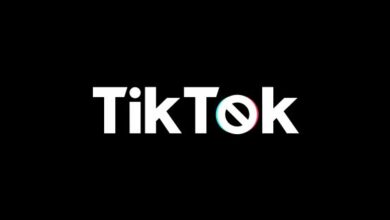A Skeptical Supreme Court Assesses TikTok’s Future in the United States
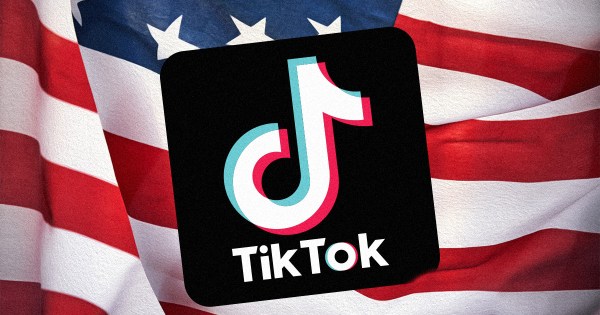
In a case with profound implications for the future of social media, the Supreme Court today considered oral arguments on a federal law this could force TikTok in the United States within two weeks, unless the app severs ties with its Chinese parent company, ByteDance. The pleadings lasted almost three hours.
The Court considered two consolidated cases challenging the law: one filed by TikTok and ByteDance, and another brought by TikTok content creators. At the heart of the case is a conflict between TikTok’s defense of free speech and national security concerns raised by the federal government.
Noel Francisco defended TikTok, with Jeffrey Fisher representing the content creators. Elizabeth Prelogar appeared for the government.
The justices appeared skeptical of TikTok’s arguments, considering how its First Amendment rights apply when the law specifically targets the foreign company ByteDance and its algorithm. At the same time, they pressed the government on its central argument that the problem lies in the national security risk posed by the Chinese government’s “covert” manipulation of content and collection of user data.
The court is expected to issue its ruling by the end of next week, with the ruling affecting nearly 170 million U.S. users who use the app.
Here are the key moments from today’s hearing.
TikTok sale is not possible
Justice Elena Kagan asked TikTok’s Francisco why TikTok could not divest from ByteDance, pointing out that the law requires only the foreign parent company to divest, leaving TikTok “to do what every actor in the United States can do, c i.e. finding the best available algorithm.
TikTok argued that a sale was impossible due to China’s export restrictions on its algorithm and the law’s ban on a U.S. version of TikTok from collaborating with ByteDance engineers globally .
January 19: The date TikTok goes dark
Francisco acknowledged that if TikTok lost its case, the app would effectively be shut down on January 19.
“It will basically stop working,” he said, adding that TikTok would disappear from app stores and service providers would not be able to support it. Francisco urged the court to grant a preliminary injunction to “give everyone some breathing room.”
Cat videos won’t topple national security
Fisher argued that the content recommendation algorithm, which controls which videos users see, has nothing to do with data security.
“The government itself is talking about ‘national security’ here…so a mix of cat videos or dancing videos doesn’t affect national security,” Fisher said. He also pointed out that if data security was truly a priority for Congress, it would have regulated Chinese commerce apps like Shein. and Temu.
“Why is Congress really concerned about these dramatic risks while leaving out an e-commerce site like Temu that has 70 million Americans using it? Fisher said.
Stopping TikTok = Stopping X?
Fisher focused on the issue of ownership, drawing a parallel between a potential shutdown of TikTok and a hypothetical scenario where X is forced to close its doors because of its current owner, Elon Musk. He argued that users who rely on the platform to post and earn a living could benefit from the First Amendment.
“American creators have the right to work with the publisher of their choice,” he said.
TikTok: the platform of choice for everyone, even for a 2024 presidential candidate
Fisher argued that it’s not enough to tell TikTok creators to simply post elsewhere. He pointed out that TikTok offers a unique editorial perspective that benefits creators, especially everyday Americans, who gain visibility through the quality of their content, not their fame.
“Whether you’re an ordinary American citizen or a presidential candidate in our last election, if you want to reach new and different audiences, TikTok is where people go,” he said.
Bluesky gets a shout out
Prelogar argued that the law targets threats to national security, particularly the risk of “covert manipulation of content by a foreign adversary nation.”
“The secrecy comes from the fact that it’s not clear that the PRC is behind the scenes, pulling the strings and deciding what content gets published,” Prelogar explained.
Justice Kagan asked: “Because we don’t know if China is behind this, is that what secret means?” She stressed that the identity of China’s involvement is widely known, adding: “This is true for all search engines, whether it’s X or Bluesky – none of them is apparent. They are all black boxes.
